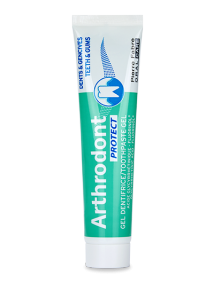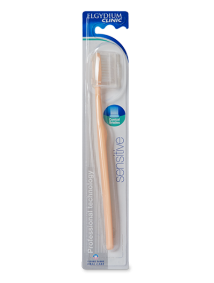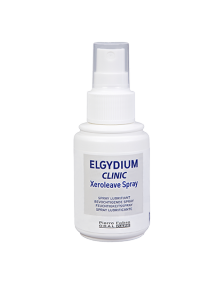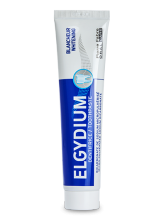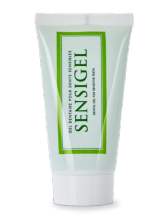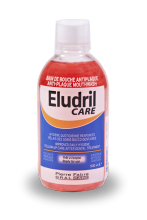Adapting your diet in the case of dry mouth
Adapt the texture of your food
If you suffer from dry mouth, it is better to eat soft food (soups, thin purees, custards, etc.) or soften it with butter or cream.
To reduce the discomfort, you can also rinse your mouth before and after each meal.
Eat cold or warm food
If it hurts to chew and swallow, eat cold or warm food rather than hot. Heat aggravates the discomfort of dry mouth.
Avoid food that exacerbates xerostomia
Food that is salty, dry or sticky (crisps, crackers, dried fruit, etc.), very sugary (soft drinks, sweets, etc.), acidic (citrus fruit juices, coffee, etc.) or spicy should be avoided if you suffer from dry mouth. Such food will be painful to the oral mucosa.
Avoid products containing alcohol
Note that, in order to avoid making dry mouth worse, it is best to avoid oral hygiene products (toothpastes, mouthwashes) that contain alcohol, a substance that has a drying effect on the oral mucosa.
Dry mouth
Seniors often suffer from dryness in the mouth. There are products available for relieving dryness that are beneficial to oral hygiene and kind to the mucous membrane.
See the program